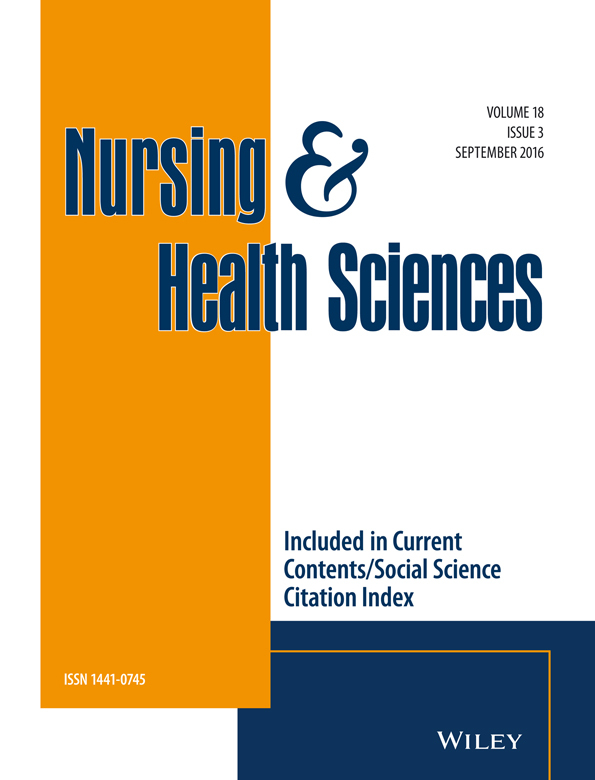Factors predicting clinical nurses' willingness to care for Ebola virus disease-infected patients: A cross-sectional, descriptive survey
Abstract
The purpose of this study was to identify factors predicting clinical nurses' willingness to care for Ebola virus disease (EVD)-infected patients. Data were collected from 179 nurses employed at 10 hospitals in Korea using self-reporting questionnaires. Only 26.8% of the participants were willing to care for EVD-infected patients. Factors predicting their willingness to provide care were their belief in public service, risk perception, and age. Nurses' willingness to provide care was high when their belief in public service was high, low when their risk perception was high, and low as their age increased. In order to strengthen nurses' willingness to care for EVD-infected patients, education that targets the enhancement of belief in public service should be included in nurse training. Efforts should be directed toward lowering EVD risk perception and developing systematic responses through government-led organized support.




